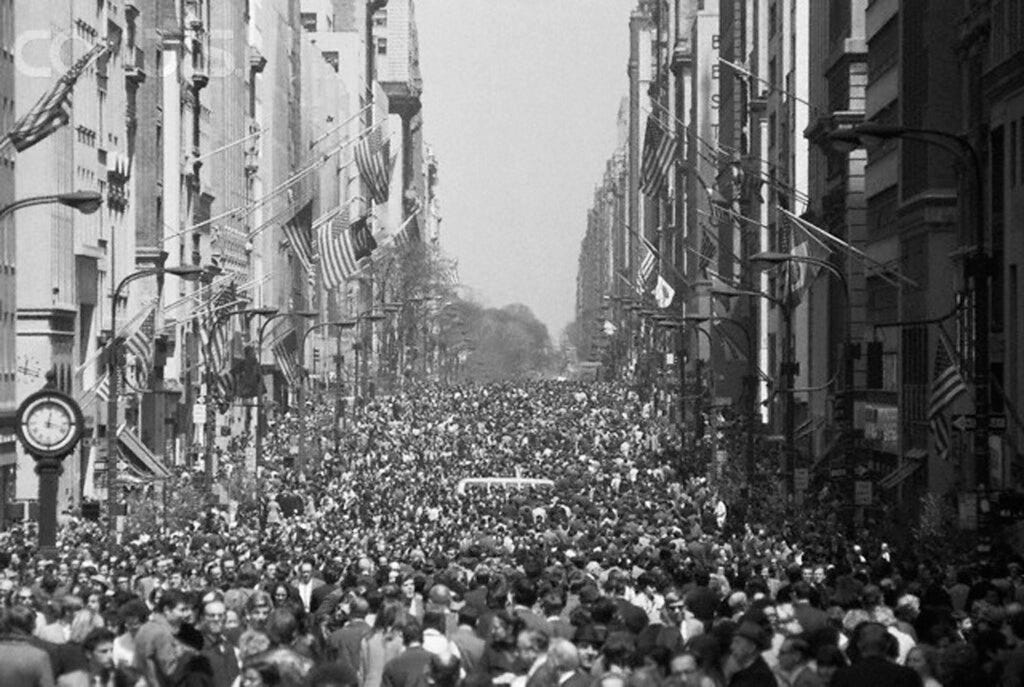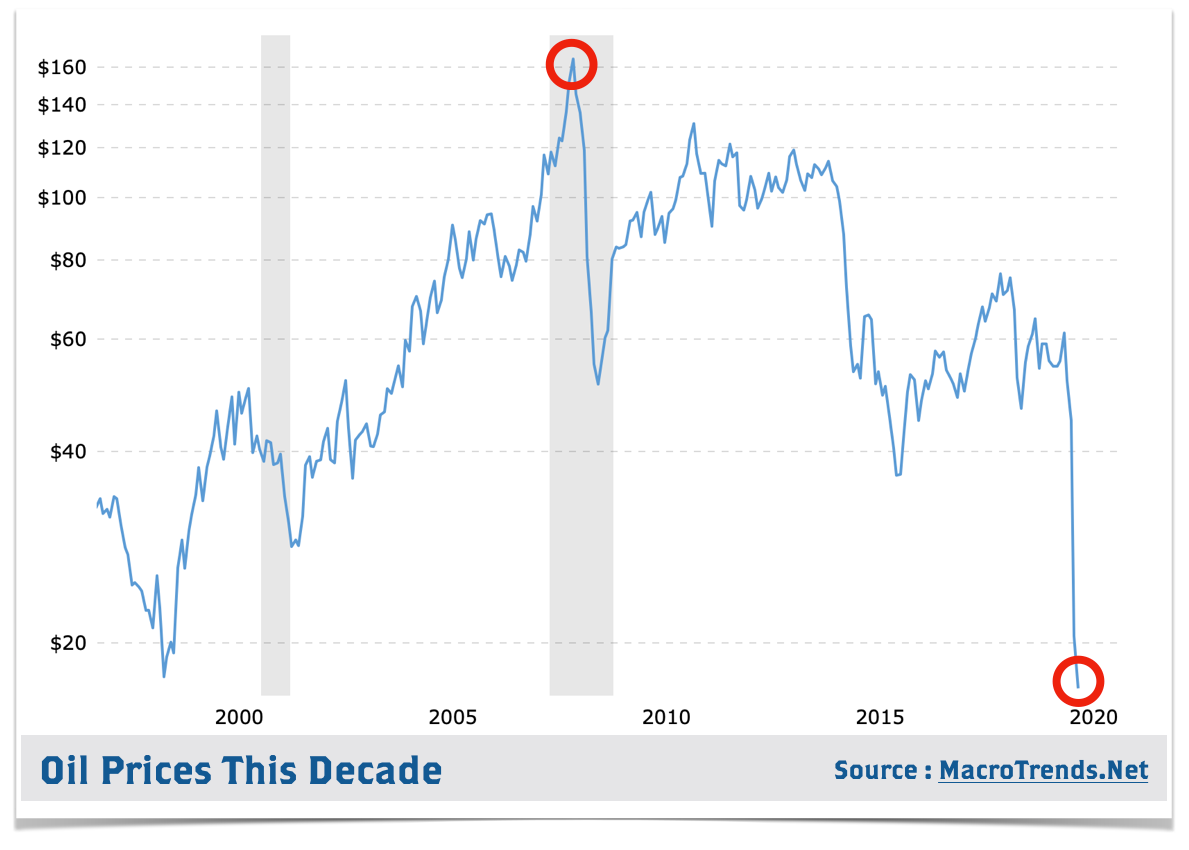Fifty
What If We Live?
Welcome to issue Fifty of this newsletter, an opportunity to say thank-you to each and every one of you that on this journey with a big ‘tilt of head’ and ‘doffing of the hat’ to many of you who write to me with thoughts, comments and new ideas. Keep them coming. I love them.

Earthday, NYC, April 22nd 1970
I am in good company … Earthday celebrated its 50th birthday last week which reminded me - remember The Climate Crisis?
A 50-minute ‘research project’ revealed big newspaper headlines in each month of this year. The results aren’t surprising. The global issues in January and February included; Global Warming, Brexit, Kobe Bryant, Tax, Weinstein, Sex Offenders, Boris clamping down … remember those days? Since then, COVID-19 has dominated the headlines.
COVID-19 is a new test for people. It’s not ‘just’ a pandemic, it has accelerated a Global Recession (something due anyway, but COVID-19 moved the timeline) and pushed millions of people into unemployment. COVID-19 has also amplified political extremism in countries across the world where authoritarian regimes seek to take advantage of the Coronavirus pandemic. Given that this pandemic is only two to three months in, it is clear that our challenges are only just getting started.
But it’s not all bad. Unintended consequences include;
A world with less pollution.
A chance for each of us to stop, smell the roses, ‘take time out’ and think. (Allowed - with enormous thanks to the front line workers, nurses, doctors who have put their lives on the line to provide us with our food and care for our sick and continue our essential services.)
Cheaper oil.
(Now if only we could use it!)
As some countries begin to lift their lockdowns and businesses reopen, the inevitable conversation is about ‘returning to normal’. But what is normal?
Which ‘normal’ do you want to return to?
New India Express :
With vehicles off the road and most industries shut for over a month due to the coronavirus lockdown, some pollution hotspots in Mumbai and Delhi have turned into green zones recording minimal or no pollution. [ Source ]
I purposely chose India - it takes no time to find similar reports for the USA, Australia, Europe. But pre-COVID cities across the globe were reporting sky-high pollutions. In 2018 the WHO reported that 9 out of 10 people in the world breath air containing high-level pollutants and over one-third of premature deaths in Asia-Pacific were due to air pollution.
Is that the normal you want to return to?
Washington Post :
President Trump made 16,241 false or misleading claims in his first three years.
Is that the normal you want to return to?
Oil Prices :

[ Source ]
What’s ‘normal’ about that chart?
What Is Normal Anyway?
Merriam Webster gives us a guide. Four examples that leapt out for me;
conforming to a type, standard, or regular pattern,
constituting, or not deviating from a norm, rule, or principle,
occurring naturally,
free from mental illness.
No comment. Except my examples were developed after reading the definition! What was ‘normal’ is no longer normal. We have the opportunity to define the new normal.
Life. Living. That’s My New Normal.
We can elect to go backwards and just carry on. Really?
OR
We decide to move forward, with different ideas, different measures and different thinking. It doesn’t require the entire world to move together (although if nations could all agree and act together on just three initiatives in the way the COVID response has clearly shown we can, how good would that be?). Global transformation also depends on individual actions of ‘we the people’. We each need to move and demonstrate success in other ways.
I wrote a little about this last week and the thinking is part of my new book where I ask what IS the future we want. To channel Hillel for a moment … “If not now, when?”
“Well-being is realized by small steps, but it is no small thing.”
… Zeno
There is a timeless story of a man in his 30s who lost everything in a shipwreck and was washed up on a city shore anonymous and penniless.
He didn’t give up. He didn’t wish 'what might have been'. Instead, he realized that he was in a new situation and new thinking was necessary.When he died some forty years later, he was prosperous. He’d been offered the keys to that city and had been made an honorary citizen. His name was Zeno. His philosophies have affected millions of people and shaped world thought for the past 2,000 years. His legacy was no accident.
On which 🎵, let me leave you with the words of singer/activist Tom Robinson;
What if we live to be fifty
And the optimists win by a mile
Supposing we stop the starvation and slaughter
And the century ends with a smile
Maybe recycling paper
Will bring back the forests again
And maybe the five year old psychos with knives
Will grow up to be happy and sane
’Fifty’ was recorded in 1994. 26 years later the optimists haven’t ‘won by a mile’. But maybe his timing was just a little off? I say ‘little’, because it is clear that we don’t have another fifty.

My thanks and appreciation for your continued support, comments and attention. Please like the post, share through your social channels of choice and forward the email to colleagues, friends and family that want to join us on this journey and don’t forget these opportunities.


Re Zeno: Surprised he became the richest. Half-way to it, maybe, or even half-way again, but...